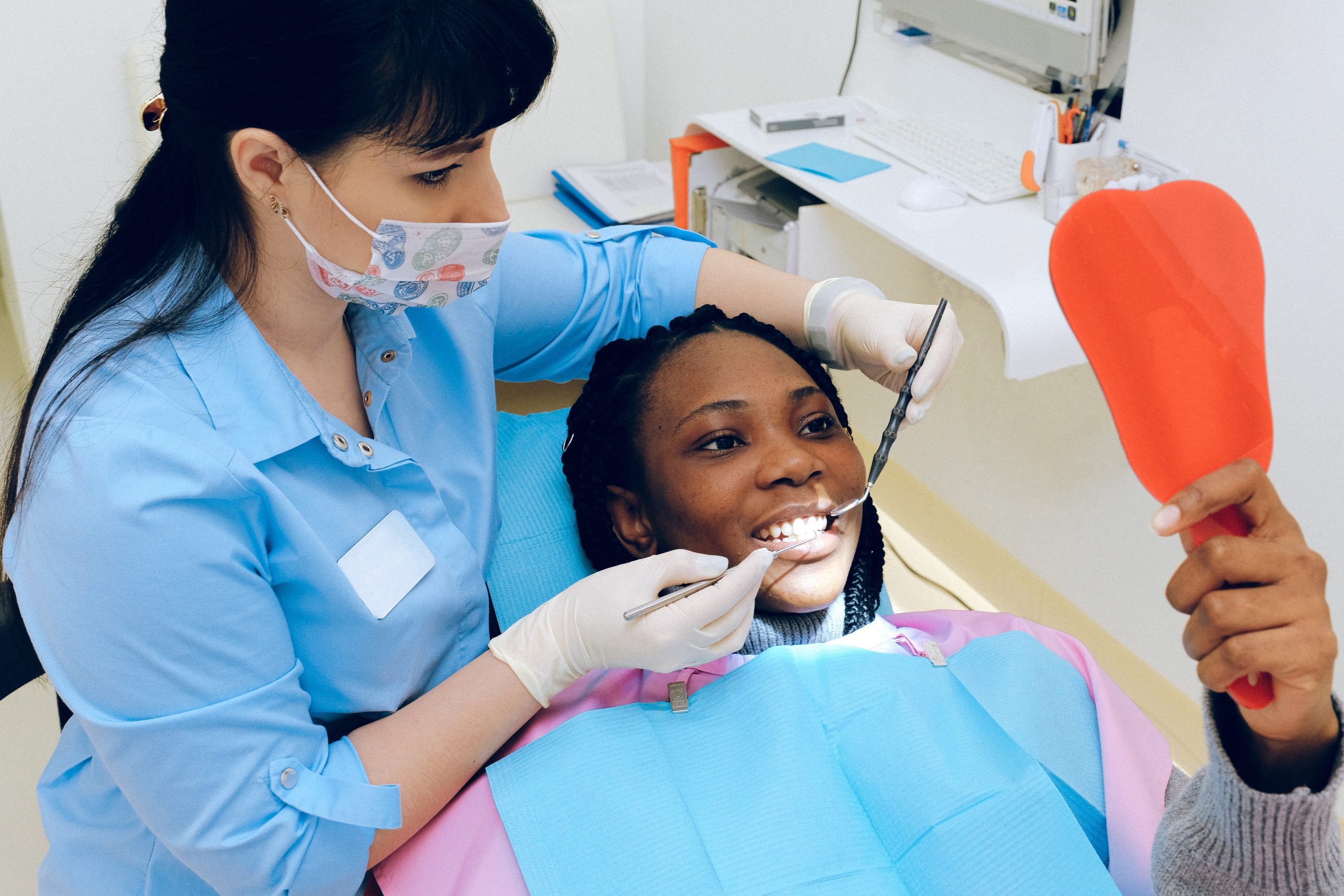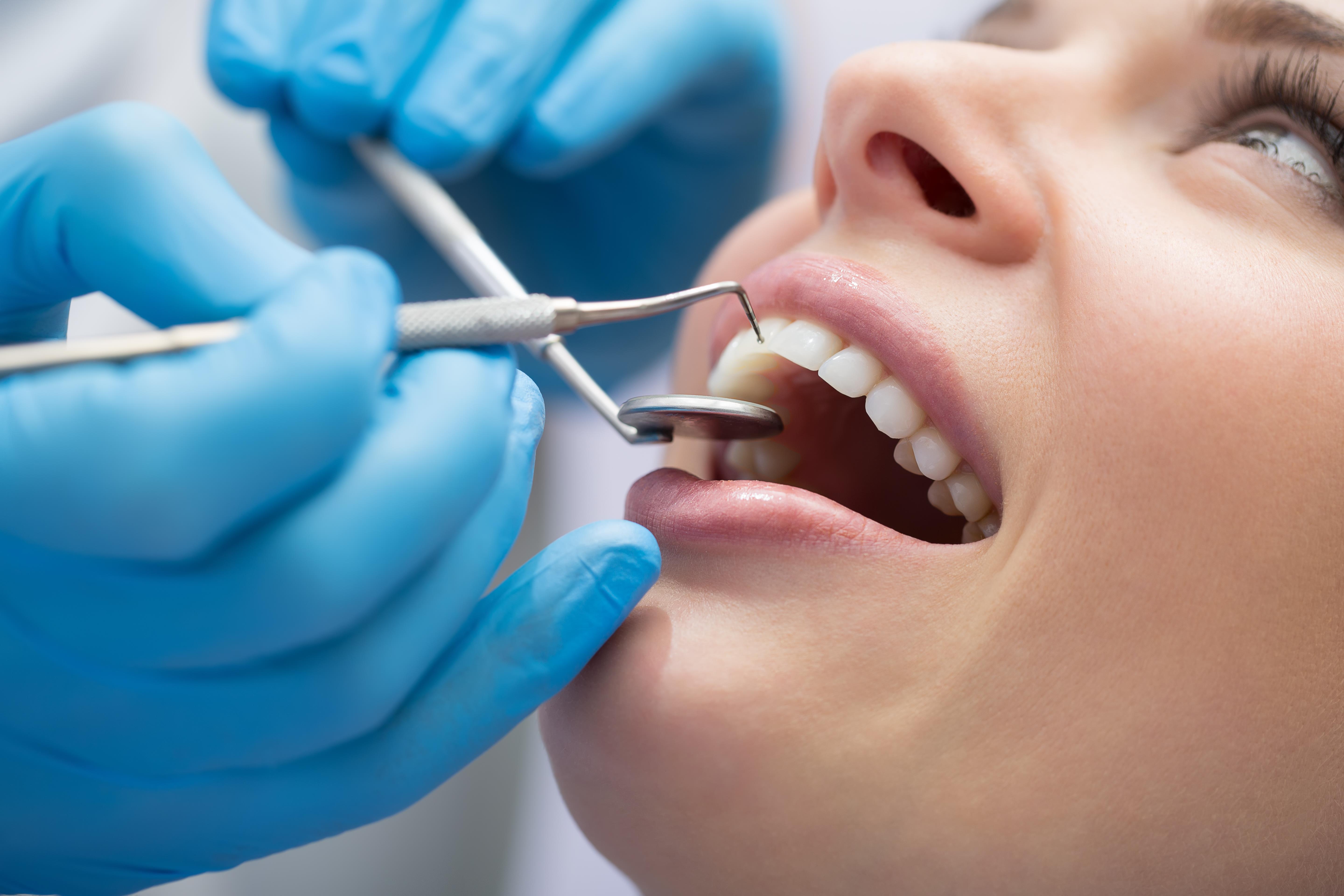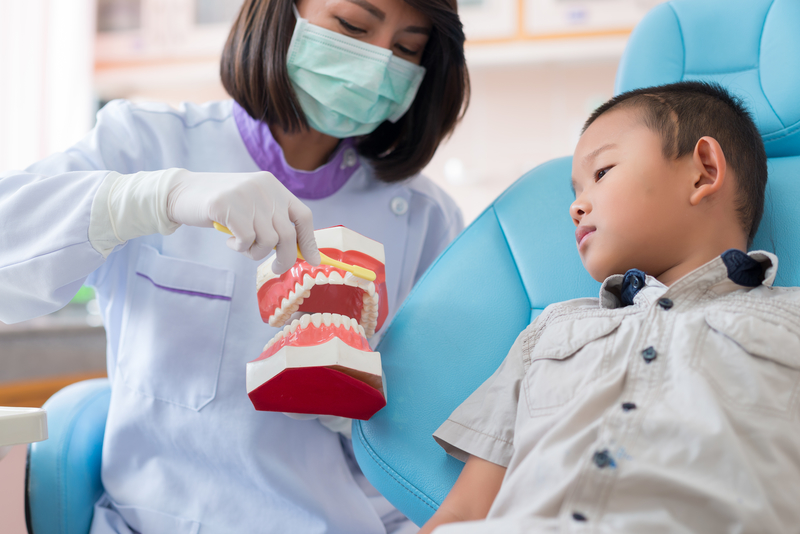Comprehensive Treatment from Your Local Emergency Dentist DC When It Matters
Essential Dental Treatment Procedures for Maintaining Healthy And Balanced Teeth and Gums
Keeping optimal oral health and wellness is essential for total health, and recognizing vital oral treatment treatments is the primary step toward accomplishing this objective. Routine expert cleansings and oral examinations play an essential function in the early detection of prospective concerns, while daily practices such as cleaning and flossing are basic for combating plaque and food particles. Nutritional choices substantially influence the health of teeth and periodontals. As we explore these treatments and their implications, it ends up being apparent that disregarding any kind of aspect might lead to unanticipated issues. What various other aspects should be taken into consideration for detailed dental treatment?
Routine Dental Exams
Normal oral examinations are crucial for preserving ideal oral health and preventing potential issues. These appointments usually occur every six months and offer multiple objectives, consisting of the very early discovery of oral troubles such as tooth cavities, periodontal condition, and dental cancer cells. By determining these concerns at their start, patients can gain from much less intrusive therapies and enhanced results.

In addition, routine check-ups provide an opportunity for dental professionals to use tailored suggestions on oral health techniques, dietary selections, and way of life adjustments that can boost overall oral health. Developing a routine of normal examinations cultivates an aggressive method to oral treatment, equipping clients to organize their oral health and ultimately resulting in a brighter, much healthier smile. Overlooking these crucial sees can cause more extreme complications, highlighting their significance in preventive oral care.

Specialist Cleansings
A key component of keeping dental wellness is the expert cleansing done by an oral hygienist. These cleansings, usually recommended every six months, are vital for the prevention of oral problems such as dental caries and periodontal disease. Emergency Dentist DC. During an expert cleansing, the hygienist uses specialized devices to get rid of plaque and tartar accumulation from the teeth and along the gum tissue line, locations that routine cleaning may miss
Following this, the hygienist makes use of a scaler to thoroughly scratch away hardened plaque. The hygienist might use a fluoride treatment to reinforce the teeth and provide added protection against decay.
Specialist cleansings not only improve the looks of your smile but likewise considerably add to overall oral health and wellness. They permit early discovery of prospective problems, allowing prompt intervention. By focusing on these cleanings, people can make certain that their dental hygiene routine is enhanced by specialist treatment, ultimately leading to much healthier gums and teeth.
Daily Brushing Techniques
Efficient daily brushing strategies are essential for maintaining optimal dental health and wellness. Brushing your teeth at the very least twice a day, ideally in the early morning and prior to going to bed, is essential for eliminating plaque and stopping dental caries. Select a soft-bristled toothbrush that fits comfortably in your hand and permits very easy accessibility to all locations of your mouth.
When cleaning, hold the tooth brush at a 45-degree angle to your More about the author gums. This placement assists to clean not only the teeth yet additionally the gumline, where plaque can build up. Use gentle, circular movements instead than aggressive back-and-forth strokes, which can harm the gum tissues and enamel. Ensure to clean for at the very least two mins, spending equivalent time on each quadrant of your mouth.
Do not fail to remember to comb the internal surface areas of your teeth, in addition to your tongue, to eliminate germs and refresh your breath. Change your toothbrush every 3 to four months or sooner if the bristles are torn. In addition, consider utilizing fluoride tooth paste to strengthen enamel and lower the risk of degeneration. Developing a constant brushing regimen will substantially add to the long-term health of your teeth and gum tissues.
Reliable Flossing Methods
Flossing is a necessary element of an extensive oral hygiene routine, playing a critical role in getting rid of food particles and plaque from areas that a tooth brush can not reach. Effective flossing methods can considerably improve the health and wellness of your teeth and periodontals, avoiding dental caries and gum disease.
To begin, utilize about 18 inches of dental floss, winding the ends around your center fingers, enabling much better control. Hold the floss tightly between your thumbs and index fingers, delicately directing it in between your teeth with a sawing motion. Prevent breaking the floss, as this can cause gum tissue damage.
When the floss reaches the periodontal line, curve it into a C shape against one tooth and slide it underneath the gum tissue line carefully, guaranteeing to clean both sides of the tooth. Repeat this process for every tooth, making use of a clean section of floss as you move from one tooth to the next.
It is a good idea to floss a minimum of daily, ideally prior to brushing, to maximize plaque elimination. Incorporating effective flossing methods into your dental health regimen will certainly add to general oral health and wellness, making it an important practice for preserving healthy and balanced teeth and gum tissues.
Nutritional Considerations for Oral Health
Numerous research studies demonstrate that dietary factors to consider play a pivotal function in keeping dental health and wellness and preventing dental issues. A well-balanced diet plan rich in crucial nutrients is fundamental for the development and maintenance of healthy teeth and periodontals. Key nutrients, such as calcium, vitamin, and phosphorus D, contribute substantially to click reference the stamina of tooth enamel and the overall integrity of the oral tooth cavity.
Foods high in antioxidants, like vegetables and fruits, enhance periodontal wellness by minimizing swelling and combating oxidative anxiety. Adequate hydration is vital; water not only helps in the production of saliva, which neutralizes acids and washes away food particles, however also help in maintaining a balanced oral microbiome. Same Day Tooth Extraction.
Restricting these foods, along with exercising good dental hygiene, is essential for oral health. Therefore, a holistic strategy that includes conscious nutritional options can considerably add to the prevention of dental problems and the promotion of overall dental wellness.
Conclusion

These consultations typically take place every six months and serve several objectives, consisting of the early discovery of dental issues such as dental caries, gum illness, and dental cancer cells.Throughout a check-up, an oral expert conducts a comprehensive exam of the teeth, gum tissues, and surrounding oral frameworks.Moreover, regular exams provide an opportunity for dental experts to use customized suggestions on dental hygiene techniques, nutritional options, and lifestyle modifications that can boost total oral health and wellness.In recap, maintaining healthy and balanced teeth and periodontals requires adherence to essential oral care procedures. Routine oral exams and professional cleanings facilitate very early discovery of dental problems and the removal of plaque and tartar, respectively.